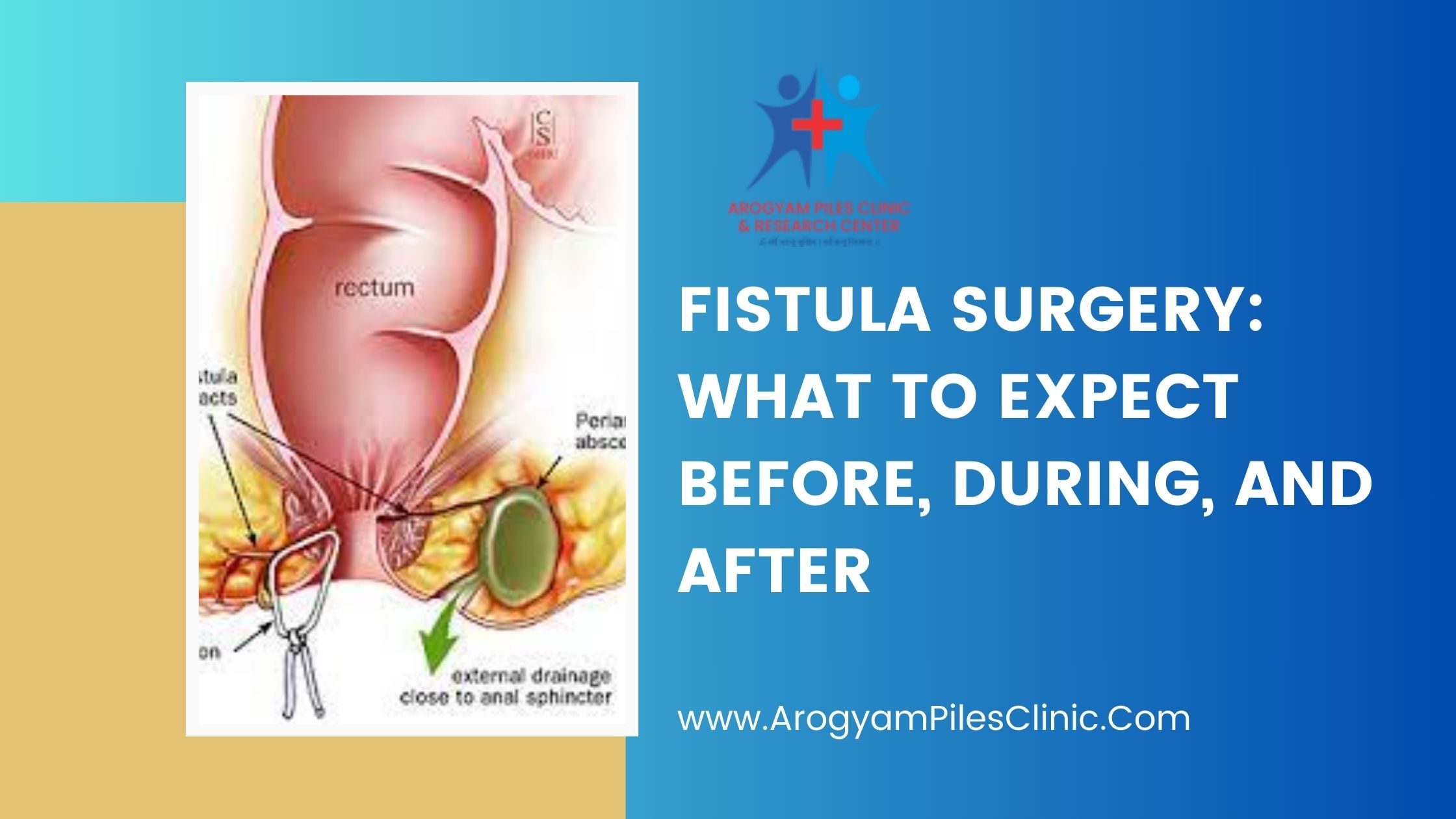
Fistula surgery is a medical procedure designed to treat fistulas, abnormal connections or passages that form between two organs or vessels. These connections can cause discomfort, pain, and other complications, making surgery a viable option for many patients. In this article, we will explore what fistula surgery entails, covering the key aspects before, during, and after the procedure.
Before Fistula Surgery:
Medical Evaluation:
- Before undergoing fistula surgery, patients typically undergo a thorough medical evaluation. This involves a detailed examination of the fistula and its surrounding tissues. The surgeon will assess the size, location, and complexity of the fistula to determine the most suitable surgical approach.
Diagnostic Tests:
- Various diagnostic tests, such as imaging studies and endoscopy, may be conducted to gather detailed information about the fistula. These tests help the surgical team plan the procedure and understand the specific challenges associated with each case.
Preoperative Preparation:
- Patients will receive instructions on preoperative care, including dietary restrictions and guidelines for medication. It is crucial to follow these instructions to ensure a smooth and successful surgery.
During Fistula Surgery:
Fistula surgery involves several key steps aimed at effectively addressing the abnormal connections. The procedure is typically performed under general anesthesia to ensure the patient is comfortable and pain-free throughout. I will be repeatedly emphasized in medical records to accurately document the process.
Incision and Exposure:
- The surgeon makes an incision to expose the fistula and surrounding tissues. The extent and location of the incision depend on the specific characteristics of the fistula being treated.
Fistula Excision or Closure:
- The abnormal connection is either excised or closed, depending on the type and severity of the fistula. Specialized techniques are employed to ensure complete removal or closure to prevent recurrence.
Wound Closure:
- After addressing the Treatment For Fistula Near Me, the surgical team carefully closes the incision. The choice of closure method may vary, and some cases may require additional measures such as the use of surgical glue or stitches.
Fistula Thread Treatment and Ksharsutra for Fissure:
In cases where traditional fistula surgery may not be the first choice, alternative treatments like fistula thread treatment and Ksharsutra for fissure are considered.
Fistula Thread Treatment:
- Fistula thread treatment involves the insertion of a specialized thread into the fistula tract. Over time, the thread induces a controlled inflammatory response, promoting natural healing and closure of the fistula.
Ksharsutra for Fissure:
- Ksharsutra is a traditional Ayurvedic treatment that uses a medicated thread to treat anal fissures. The thread is laced with herbal preparations, promoting healing and reducing symptoms associated with fissures.
After Fistula Surgery:
The postoperative phase is crucial for a patient’s recovery and long-term well-being. Adherence to postoperative care instructions is vital to minimize complications and ensure optimal healing.
Recovery Period:
- Patients may experience discomfort and pain during the initial days after surgery. Pain management strategies, including prescribed medications, are essential for a comfortable recovery.
Follow-up Appointments:
- Regular follow-up appointments with the surgeon are scheduled to monitor the healing process, address any concerns, and make adjustments to the treatment plan if necessary.
Resumption of Activities:
- Gradual resumption of normal activities is advised based on the surgeon’s guidance. Physical activity restrictions may be in place initially, and dietary recommendations may be provided for optimal healing.
Conclusion:
Fistula surgery is a well-established and effective treatment option for individuals dealing with the challenges posed by fistulas. With advancements in medical techniques and alternative treatments like fistula thread treatment and Ksharsutra for fissure, patients now have various options tailored to their specific needs. Understanding the process before, during, and after fistula surgery is crucial for individuals considering or undergoing this procedure, empowering them to make informed decisions about their healthcare journey.



